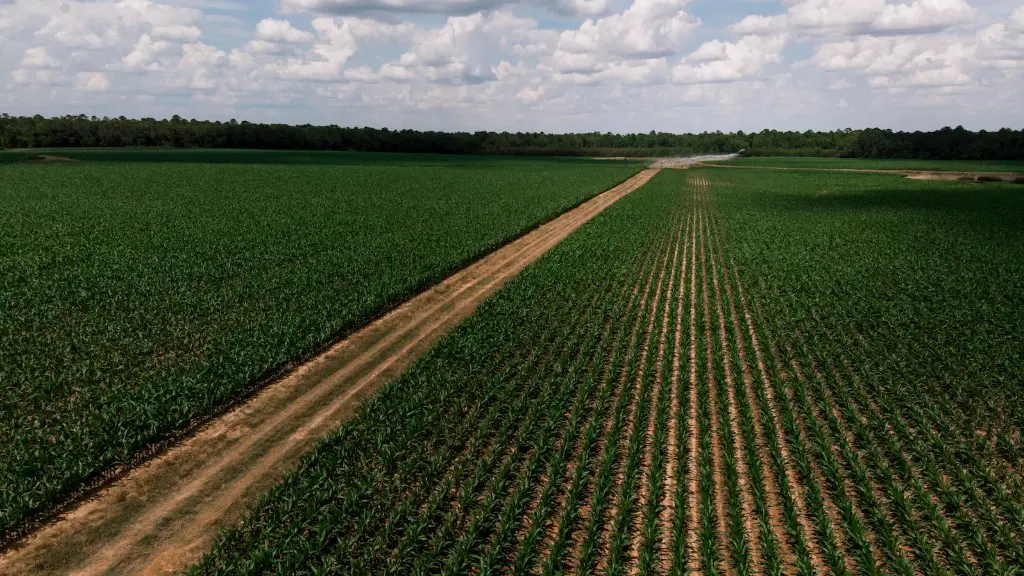For many people, the agricultural world has a certain fascination. It is an industry that offers a chance to work with nature, often involving complex problems with multiple solutions. It is also a field that is rapidly evolving, due to advancements in technology, genetic engineering, and new plant and animal varieties. If you are thinking of starting a career in agriculture, there are several steps you can take to ensure success.
Knowledge and Skills
Cultivating a successful career in agriculture requires a combination of knowledge and skills. A degree in agriculture or agribusiness, or the equivalent work experience, can be very helpful. You will also need to develop a strong knowledge of the production and marketing of various agricultural products, such as crops, livestock, and plant research.
Additionally, it is important to have a good understanding of sustainability practices, such as maximizing crop yields, soil regeneration, and pest management. Environmental and food security are also critical topics for those entering the agricultural sector.
Technology
Agriculture is increasingly becoming a technology-oriented industry, so proficiency in the use of modern farm equipment is necessary for success. This includes learning how to use new software tools and apps for tracking, forecasting, and yield analysis. You will also need to become familiar with the types of technologies utilized in the agricultural sector, such as GPS systems and automated irrigation systems.
Additionally, knowledge of animal health and nutrition, as well as pest and weed management practices, is necessary to help ensure that crops are grown safely and efficiently. Finally, having an understanding of agronomy—the science of plant growth—is important for developing sustainable strategies for crop production and improving soil health.
Networking
Making connections in the agricultural sector is essential for anyone hoping to have a successful career in the industry. Building a strong network of contacts can help you to find job opportunities and valuable resources. You can start by attending conferences, workshops, and seminars to meet industry professionals and learn about the latest trends in the sector.
It is also important to join social networks, such as Facebook groups, Twitter, and LinkedIn, to broaden your contacts and stay up-to-date with the latest news in the sector. Additionally, joining online forums and discussion boards can be a great way to get advice on topics related to agriculture. Finally, connecting with industry leaders, such as farmers, cooperative extension agents, and private consultants, can provide you with invaluable insight into the agricultural industry.
Innovation and Creativity
Innovation and creativity are essential for success in the agricultural sector. New ideas and new products must be continuously developed, so a willingness to think outside the box is essential. Being able to discover new opportunities and create solutions to problems is key. It is also important to stay current with changing trends and technologies in the industry.
Finally, strong business skills are important for those entering the agricultural sector. This includes understanding the basics of marketing, finance, and business management. Having a good understanding of the current climate in the sector and being able to develop new business strategies is invaluable.
Get Certified and Gain experience
Many agricultural organizations and training programs offer certification programs that can help you gain the necessary knowledge and experience in the sector. Different programs may have different requirements, but they typically involve completing a set of courses or tasks, such as studying specific topics, completing field research, and taking an exam.
Additionally, gaining experience in the sector is important. This can be done through internships, research projects, or volunteering on a farm. These experiences can provide you with the necessary skills, expertise, and firsthand knowledge of how the agricultural industry works. Additionally, this experience can help you to gain valuable contacts in the sector.
Find a Mentor
Finally, it is important to find a mentor who is experienced in the sector and who can provide guidance and advice. A mentor can help you to understand the industry and to identify potential career paths. They can also advise you regarding the best ways to go about gaining experience and developing the necessary skills to succeed in the sector.
Finding a mentor can be done through networking and online communities. Additionally, many universities and agricultural organizations have mentorship programs that can provide you with the opportunity to connect with an experienced mentor. Lastly, joining professional organizations in the sector can also provide you with valuable advice and support.



